Have you ever walked through your front door after a long day and wondered what your cat has been up to? Maybe you think your feline friend is too independent or aloof to care. But what if I told you that, beneath that cool exterior, your cat actually misses you more than you’d ever guess? The truth is, cats are masters of disguise when it comes to their feelings. Their love is subtle, their longing even more so. As someone who’s returned home to a suspiciously fluffed-up tail or a chorus of meows, I can tell you — the signs are there, if you know what to look for. Let’s uncover the emotional world of your whiskered companion. Here are 10 signs your cat misses you while you’re gone, even if they’re hiding it behind the curtains.
Unusual Vocalizations Upon Your Return
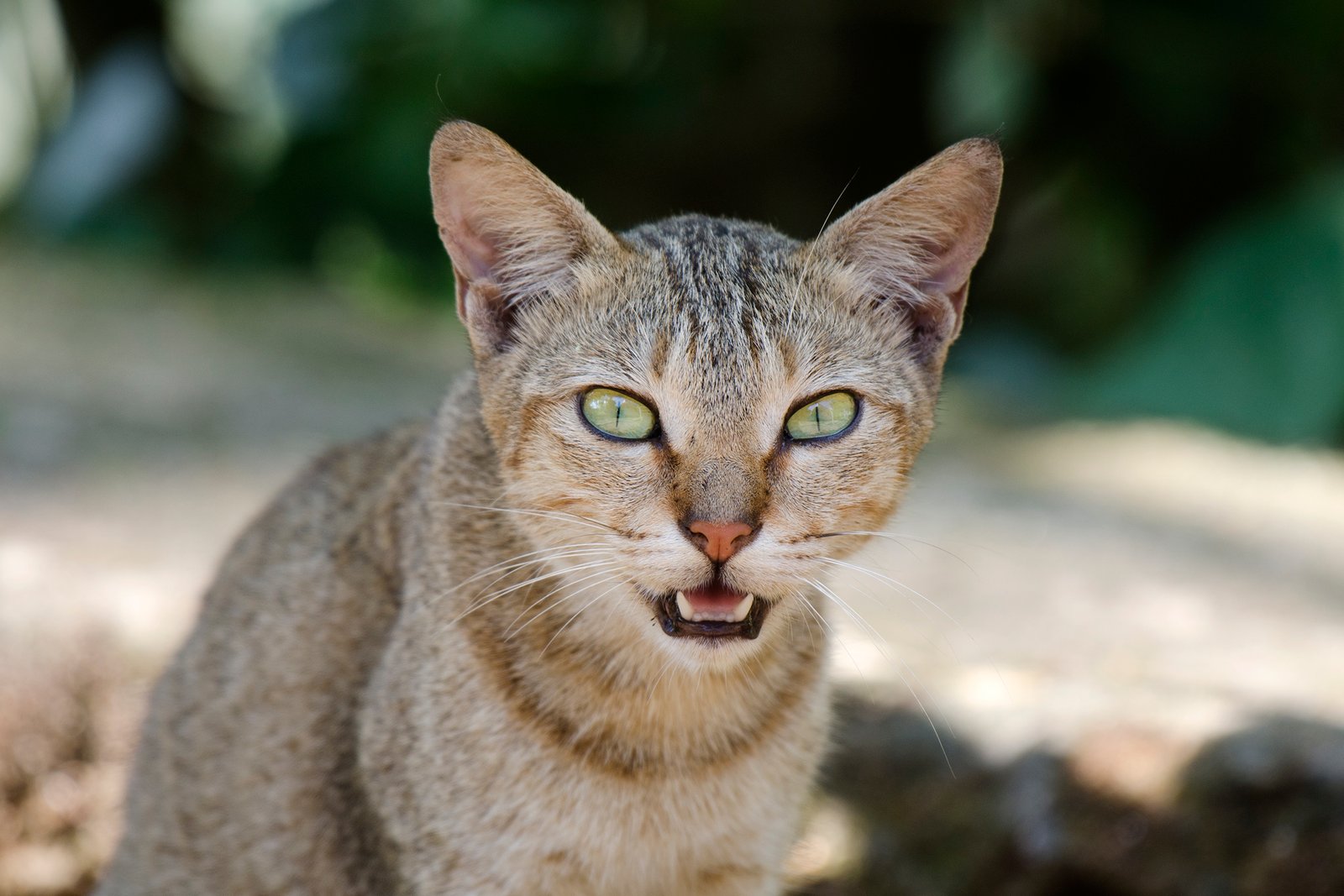
When you open the door and your cat greets you with a flurry of meows, chirps, or even trills, it’s not just chatter for the sake of noise. Cats have different sounds for different emotions, and if your normally quiet kitty suddenly becomes vocal, it’s a clear indicator they missed your presence. The tone and urgency can be surprising, almost as if they’re scolding you for leaving or enthusiastically updating you on their day. Some cats will follow you around, narrating their loneliness in a language only the two of you truly understand. It’s their way of saying, “Hey, I noticed you were gone — and I really wish you hadn’t been.” This behavior is especially telling if your cat isn’t usually very talkative. It’s as if they save their best stories for when you finally come home.
Shadowing Your Every Move
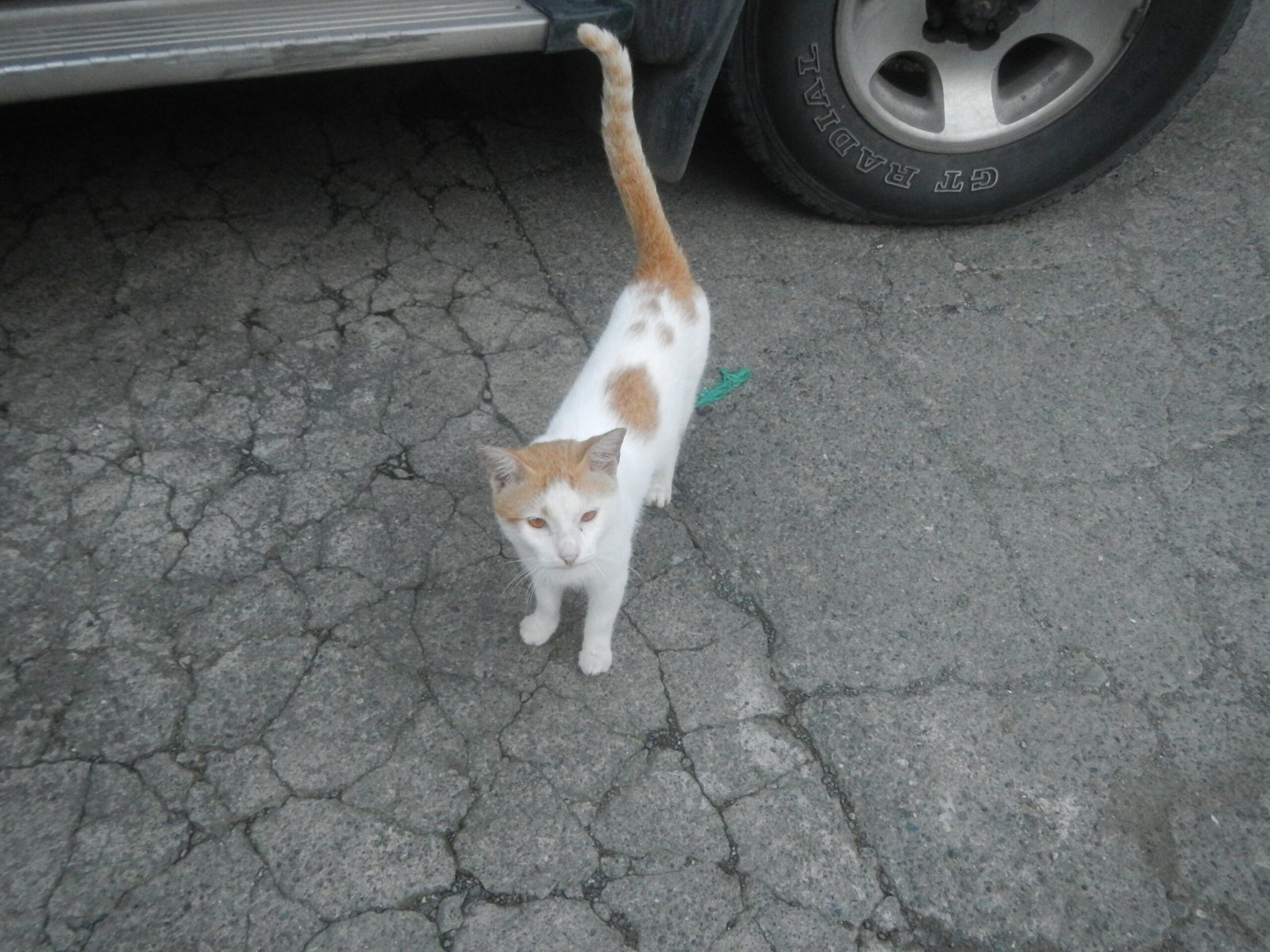
Does your cat trail you from room to room the moment you step inside? This “shadowing” behavior might seem cute, but it’s actually a heartfelt sign that they missed your company. Even the most independent cats can become clingy after a separation. They want to be wherever you are, almost like a living, purring shadow. It’s their way of reestablishing the bond that feels disrupted when you’re away. Whether you’re fixing a snack, folding laundry, or just sitting on the couch, your cat’s insistence on being close is no accident. It’s their subtle way of making up for lost time — and ensuring you don’t slip out again unnoticed.
Sudden Bursts of Affection

If your cat greets you with head bumps, nose nudges, or full-body rubs as soon as you’re back, you’re witnessing a clear display of longing. These gestures are more than simple hellos; they’re a way for your cat to mix their scent with yours, reinforcing the sense of family and territory. Some cats will even knead your lap or drape themselves across your legs like a fuzzy scarf. This surge of affection might be fleeting, but it’s sincere. It’s as if they’re trying to soak up as much of you as possible before the world pulls you away again.
Disrupted Eating Habits

Have you noticed untouched food or a suddenly empty bowl when you return home? Cats are creatures of habit, and changes in eating habits can be a signal of emotional distress. Some cats lose their appetite when their favorite human isn’t around, while others might stress-eat out of boredom or anxiety. This behavior is their body’s quiet protest against your absence. It’s not always easy to spot, especially if you’re gone for short periods, but paying attention to feeding patterns can reveal a lot about your cat’s emotional state.
Over-Grooming or Neglecting Grooming
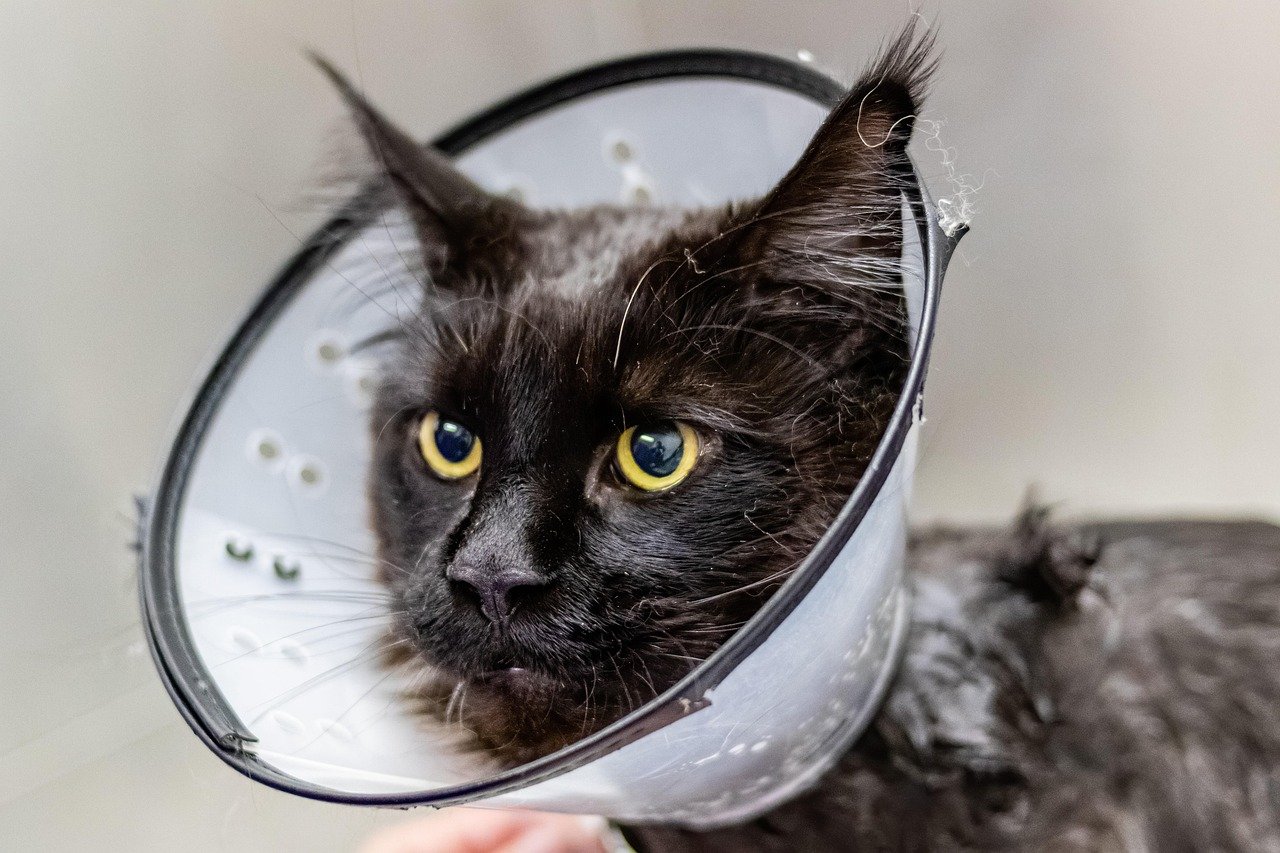
Cats are meticulous groomers, but stress can throw this routine off balance. If your cat starts licking excessively or, conversely, neglects grooming altogether, it could be a sign they’re struggling with your absence. Over-grooming is a coping mechanism, much like biting your nails when you’re nervous. On the flip side, a disheveled coat may indicate your cat is too downcast to care for themselves properly. Both extremes are silent pleas for attention — a feline SOS that says, “I need you.”
Restlessness or Pacing
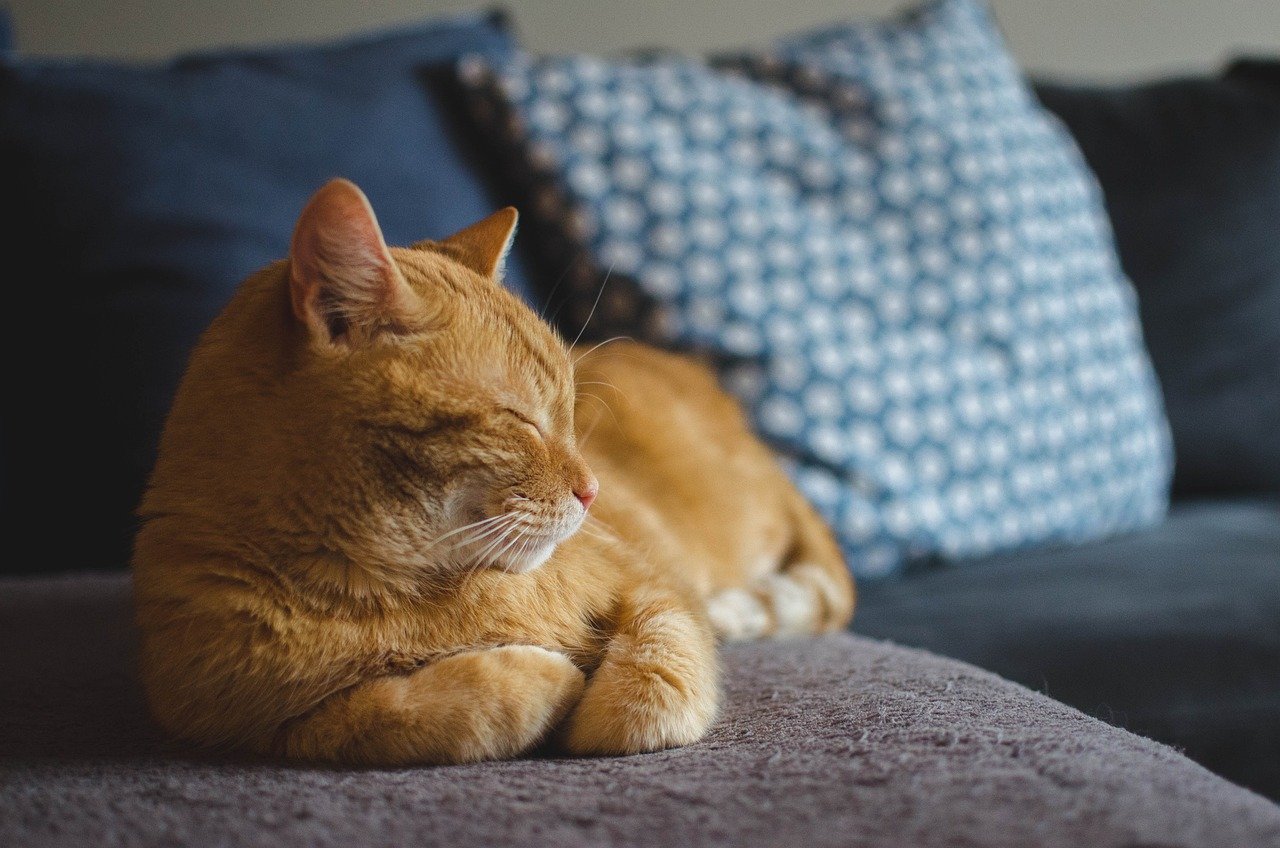
A cat that seems unsettled when you’re gone — pacing the halls, circling the same spot, or restlessly hopping from window to window — is likely searching for you. This anxious energy is a physical manifestation of their longing. The house feels different when you’re not in it, and your cat’s routines are thrown off balance. When you return, you might notice your cat is still a bit jittery, taking time to settle down as they readjust to your presence. It’s a reminder that, even if they don’t show it with wild excitement, your absence has an impact.
Bringing You “Gifts”

If you come home to find a toy mouse in your shoe or, heaven forbid, a real mouse on your doorstep, your cat isn’t just showing off their hunting prowess. In the wild, cats bring prey back to their family as a sign of care. When your cat leaves something for you, it’s their way of sharing and reconnecting after time apart. It’s both a gift and a message: “I thought of you while you were gone.” Even if the “gift” is just a favorite ball or a fuzzy pom-pom, the sentiment is the same — your absence was noticed.
Sleeping On Your Belongings
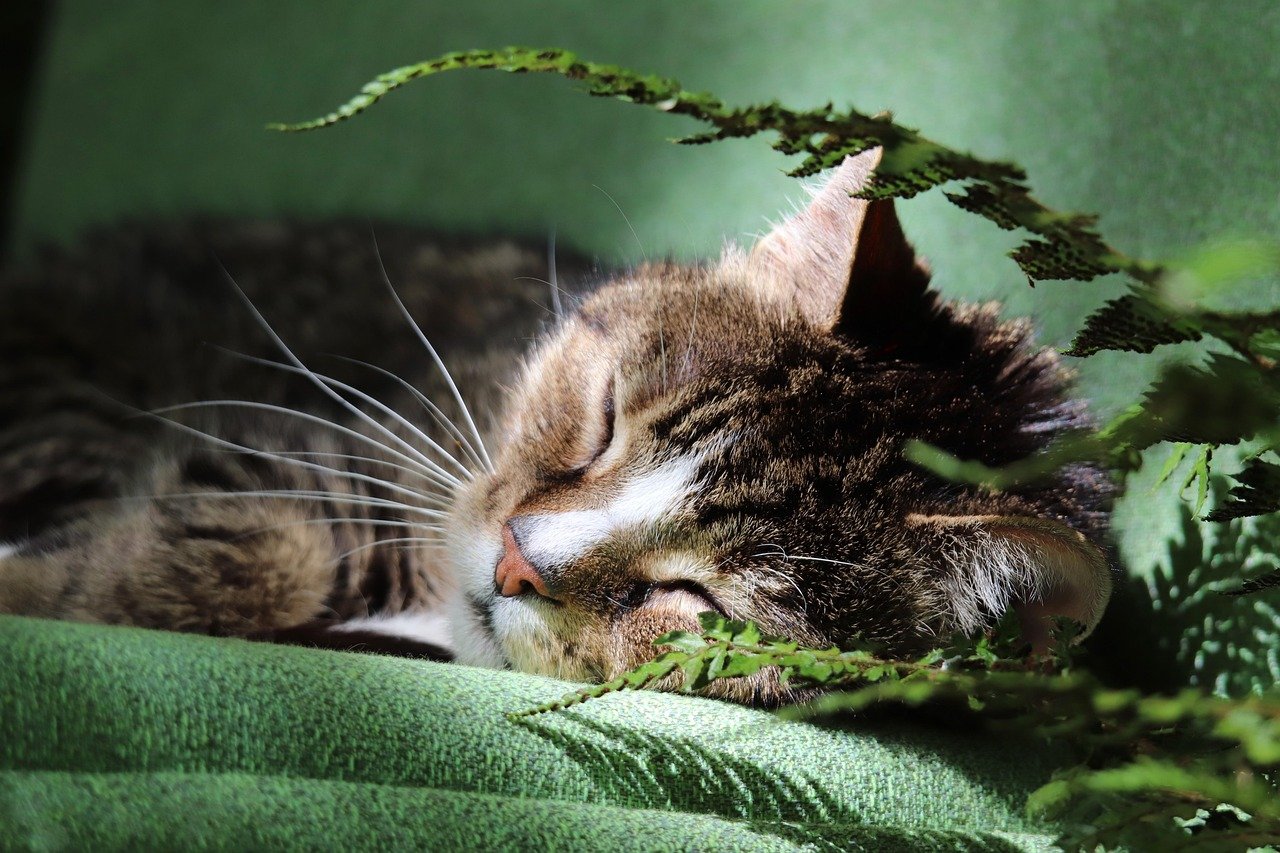
Ever found your cat napping on your sweater, pillow, or the spot where you usually sit? Cats are drawn to familiar scents, and when you’re away, your belongings become a comforting stand-in for your presence. By sleeping on your things, your cat is surrounding themselves with your scent, almost like a child hugging a favorite teddy bear for comfort. This behavior is both adorable and deeply telling. It’s their way of feeling close to you, even when you’re miles away.
Increased Playfulness or Zoomies

Sometimes, your return home triggers a burst of wild, joyful energy from your cat. They might dash around, leap onto furniture, or initiate play with their favorite toys. These “zoomies” aren’t just a release of pent-up energy — they’re a celebration. It’s as if your presence flips a switch, reigniting their sense of fun and adventure. This behavior is especially noticeable in younger cats, but even older felines can surprise you with sudden bouts of playfulness. It’s their way of saying, “I’m so glad you’re back!”
Excessive Scratching or Clawing

If you discover new scratch marks on your furniture or carpets, your cat might be dealing with separation anxiety. Scratching is a natural behavior for cats, but it also serves as a stress reliever. When you’re gone, your cat may scratch more to cope with their feelings or to mark their territory with both scent and visual cues. This is their way of dealing with the emotional upheaval of your absence, even if it means your favorite armchair takes the brunt of their frustration.
Waiting by the Door or Window
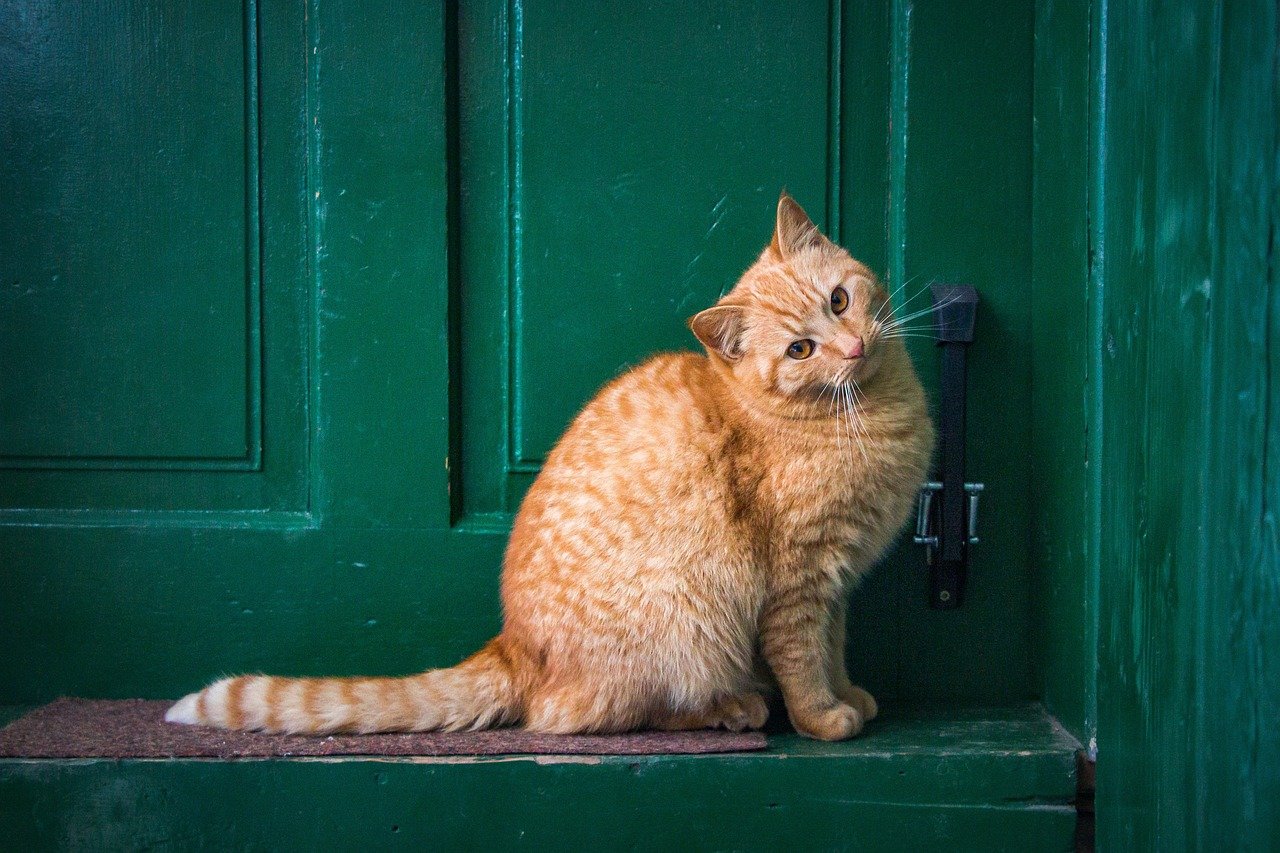
Some cats develop the habit of waiting by the door or peering out the window when you’re not home. This behavior is both heartwarming and a little heartbreaking. It’s as if they’re counting the moments until your return, watching for any sign of movement or the familiar sound of your car. When you finally walk in, the relief and excitement in their body language is unmistakable. It’s a powerful sign that your absence leaves a void that only you can fill.
Startling Easily When You’re Gone
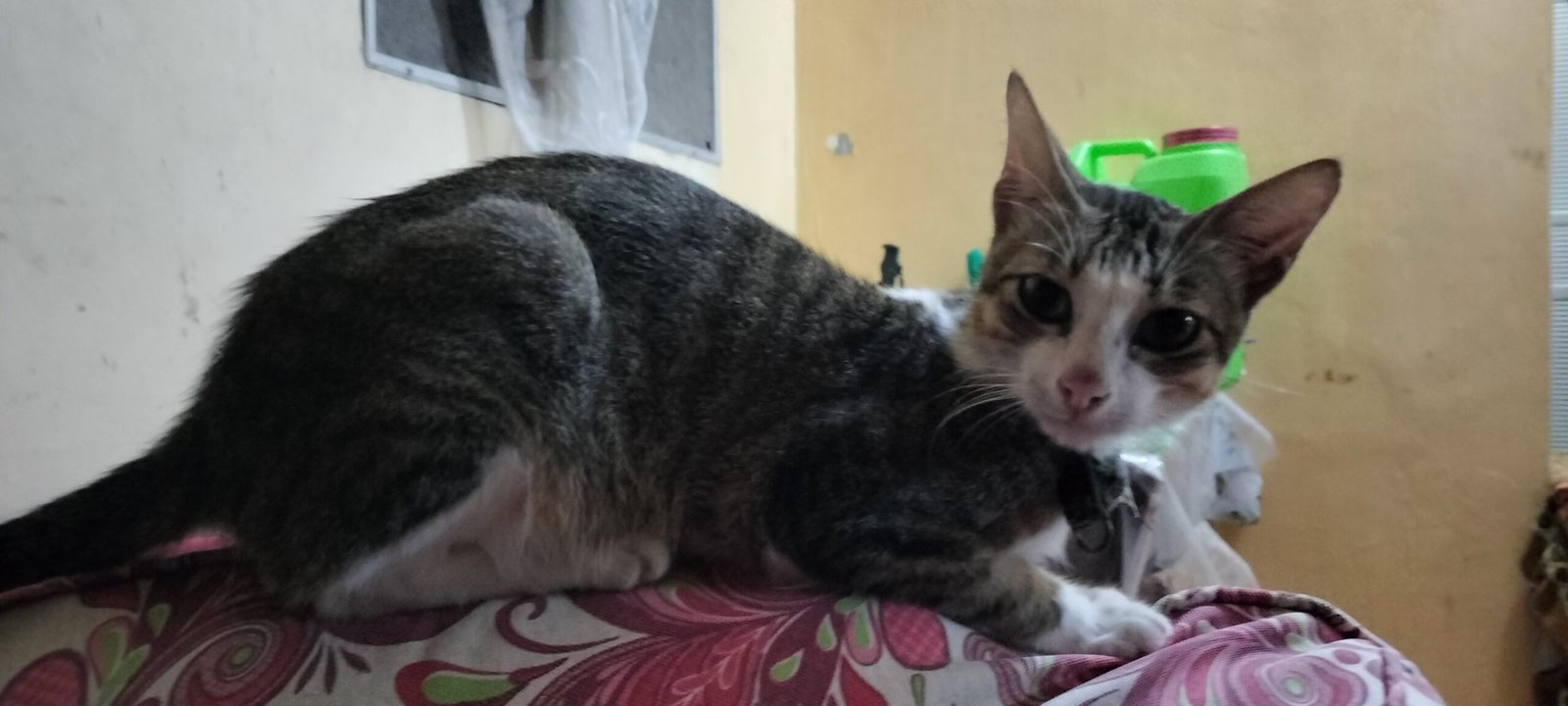
If your cat becomes jumpier or more easily startled when you’re away, it could be a sign of insecurity. Cats rely on their humans for a sense of safety and routine. Your absence can make the world feel a bit scarier, leading to heightened alertness and nervousness. When you return, it might take a while for your cat to relax and feel secure again. This increased skittishness is a subtle but telling sign of how much your presence means to your feline friend.
Frequent Visits to Your Usual Spots
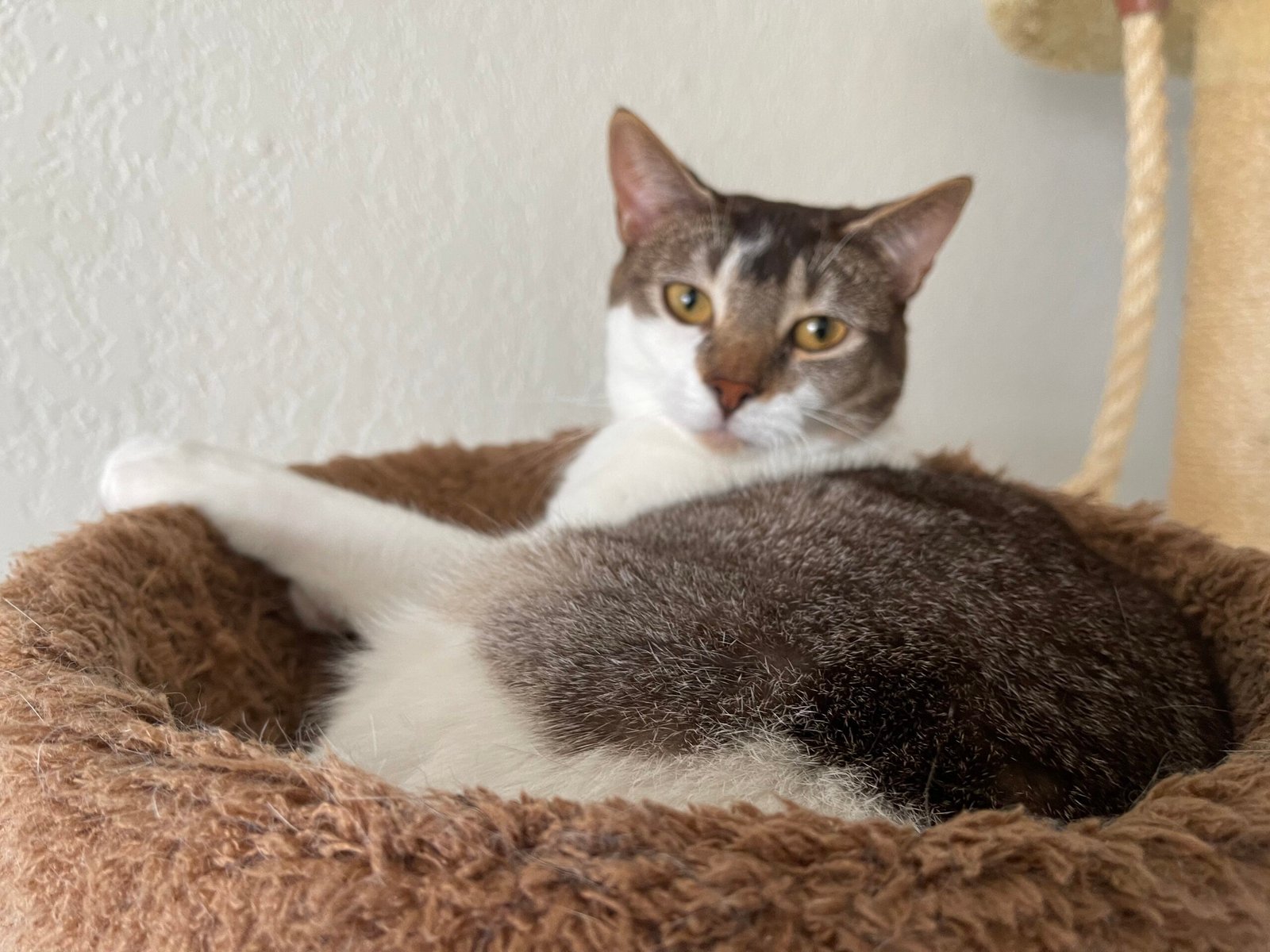
Cats are creatures of habit, and they often seek comfort in places associated with their favorite people. If you notice your cat hanging out in your favorite chair, on your bed, or near your work desk while you’re gone, they’re searching for a connection to you. These spots hold your scent and energy, providing reassurance during your absence. It’s a quiet way of saying, “I remember you, and I want to be close to you, even if you’re not here.”
Changes in Litter Box Habits
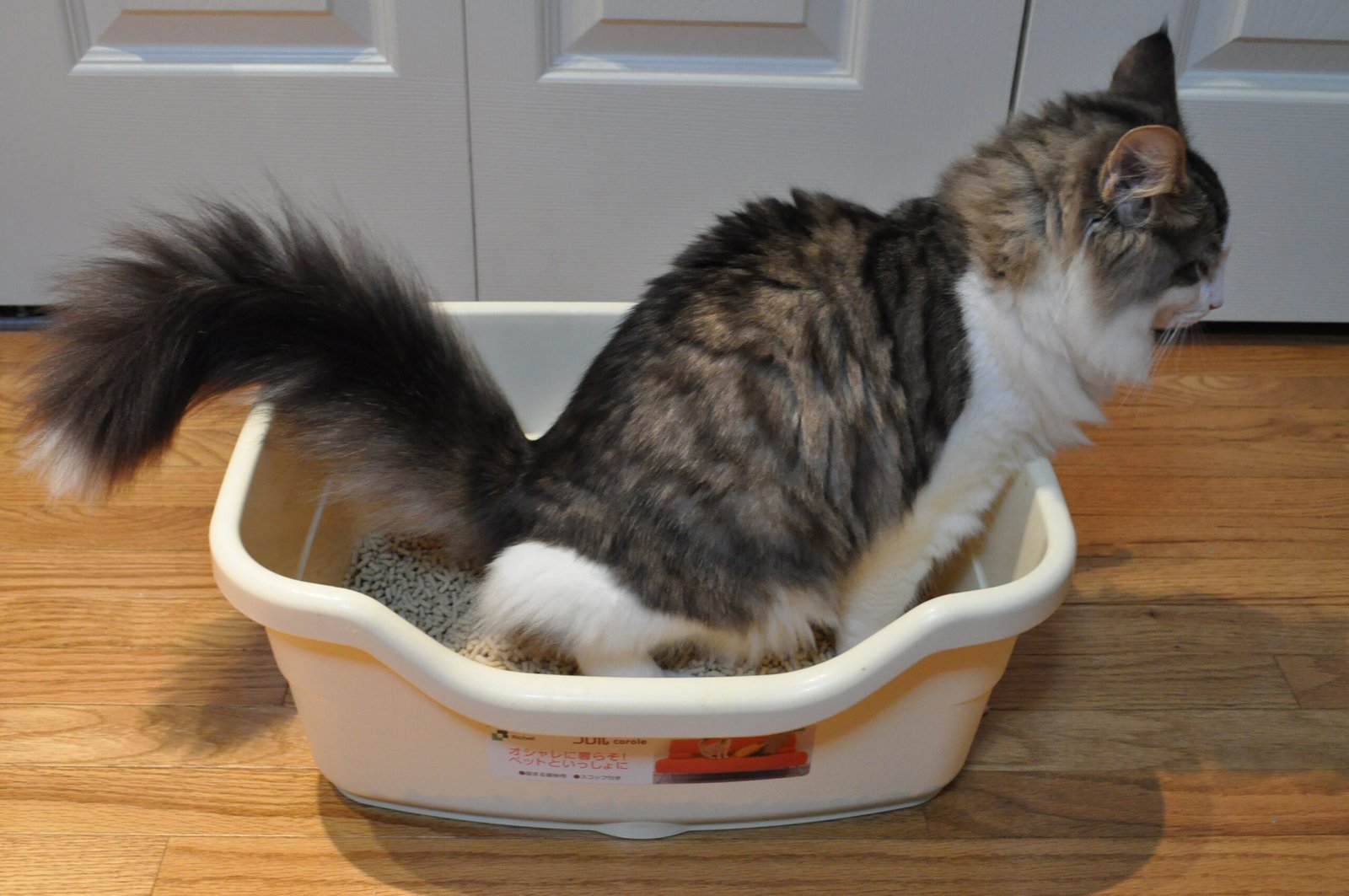
A sudden change in litter box behavior can be a red flag for stress. If your cat starts having accidents or avoids the litter box while you’re away, it’s often a sign of emotional upset. Cats are sensitive to changes in their environment, and your absence can throw them off balance. This behavior might be frustrating, but it’s a cry for help rather than mischief. Addressing these changes with patience and understanding can help your cat feel more secure when you’re not around.
Increased Neediness or Clinginess

When you return home to a cat that won’t let you out of their sight, clings to your lap, or insists on being petted constantly, you’re experiencing classic signs of separation anxiety. This newfound neediness is your cat’s way of reestablishing closeness and reassurance. It’s as if they’re making up for lost cuddle time, refusing to let you out of their reach. This behavior might fade as your cat settles back into the routine, but it’s a clear indicator they missed you.
Destructive Behavior While You’re Away

Chewed-up cords, shredded curtains, or knocked-over plants aren’t just signs of a mischievous kitty. When left alone, some cats act out due to stress, boredom, or loneliness. Destructive behavior can be their way of coping with your absence or expressing their frustration. While it might seem like your cat is punishing you, they’re really struggling to manage their feelings. Providing plenty of toys and interactive activities can help, but nothing replaces the comfort of your presence.
Appearing at Odd Times or Places

If your cat starts popping up in unexpected places or at odd hours, it could be a sign they’re looking for you. They might nap in your laundry basket, sit in the hallway, or wait outside your bathroom door. This behavior is their way of searching for comfort and connection. They want to be near you, even if it means staking out your usual haunts and hoping you appear. It’s a quiet testament to how much they value your companionship.
Lack of Interest in Favorite Activities
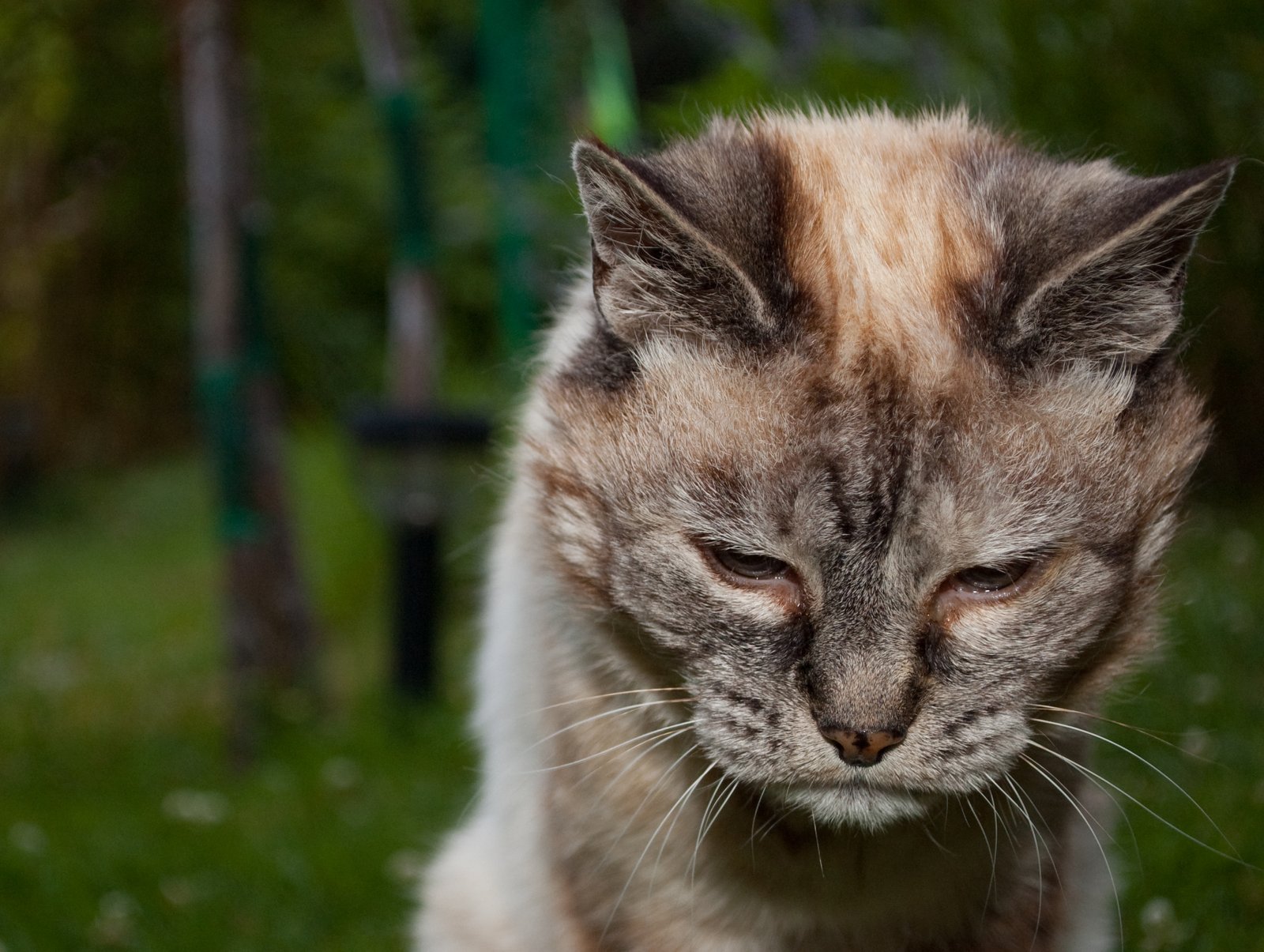
A cat that suddenly loses interest in play, treats, or other favorite pastimes while you’re away might be feeling the blues. This withdrawal is similar to how humans sometimes lose enthusiasm when they’re lonely or sad. When you return, you might notice your cat perks up again, showing renewed interest in toys or games. This change in energy is a clear sign that your presence brings them joy and motivation.
Extra Purring or Kneading
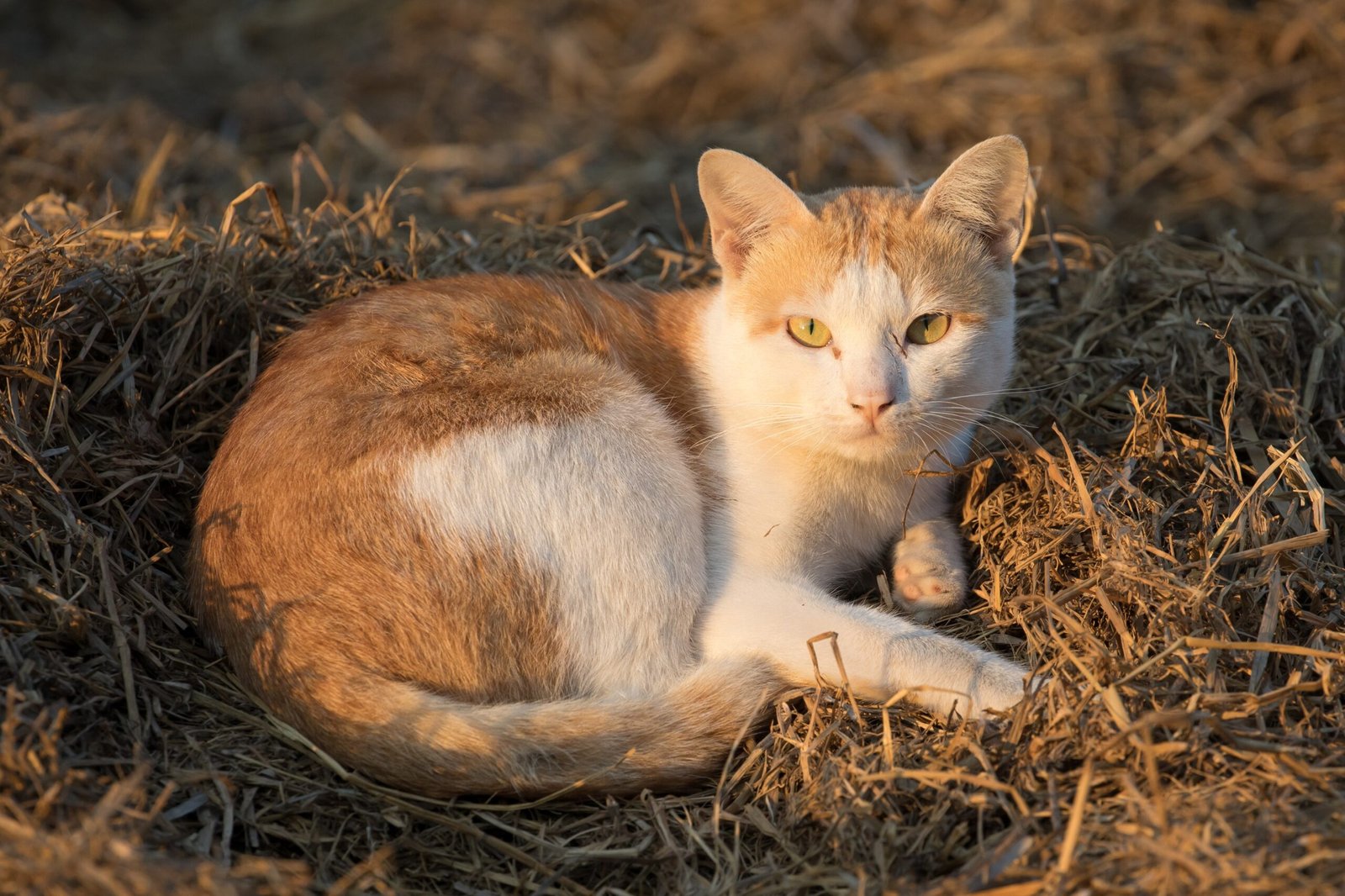
Purring is often associated with contentment, but it can also be a self-soothing behavior when a cat feels anxious or lonely. If your cat purrs more than usual when you return, especially while kneading your lap or chest, they’re expressing both relief and affection. It’s their way of reconnecting and finding comfort in your presence. This extra purring is a melody of love, reassurance, and a little bit of relief that you’re finally home.
Greeting Rituals Unique to You

Every cat-human bond is unique, and many cats develop special rituals for greeting their favorite people. Whether it’s a certain way they wind around your legs, a playful nibble, or a specific “welcome home” meow, these routines are a sign of attachment. Your cat’s personalized greeting is their way of expressing that they noticed your absence and are thrilled by your return. It’s a daily reminder that, no matter how aloof they seem, your presence is deeply meaningful to them.
Hi, I’m Bola, a passionate writer and creative strategist with a knack for crafting compelling content that educates, inspires, and connects. Over the years, I’ve honed my skills across various writing fields, including content creation, copywriting, online course development, and video scriptwriting.
When I’m not at my desk, you’ll find me exploring new ideas, reading books, or brainstorming creative ways to solve challenges. I believe that words have the power to transform, and I’m here to help you leverage that power for success.
Thanks for stopping by, Keep coming to this website to checkout new articles form me. You’d always love it!






